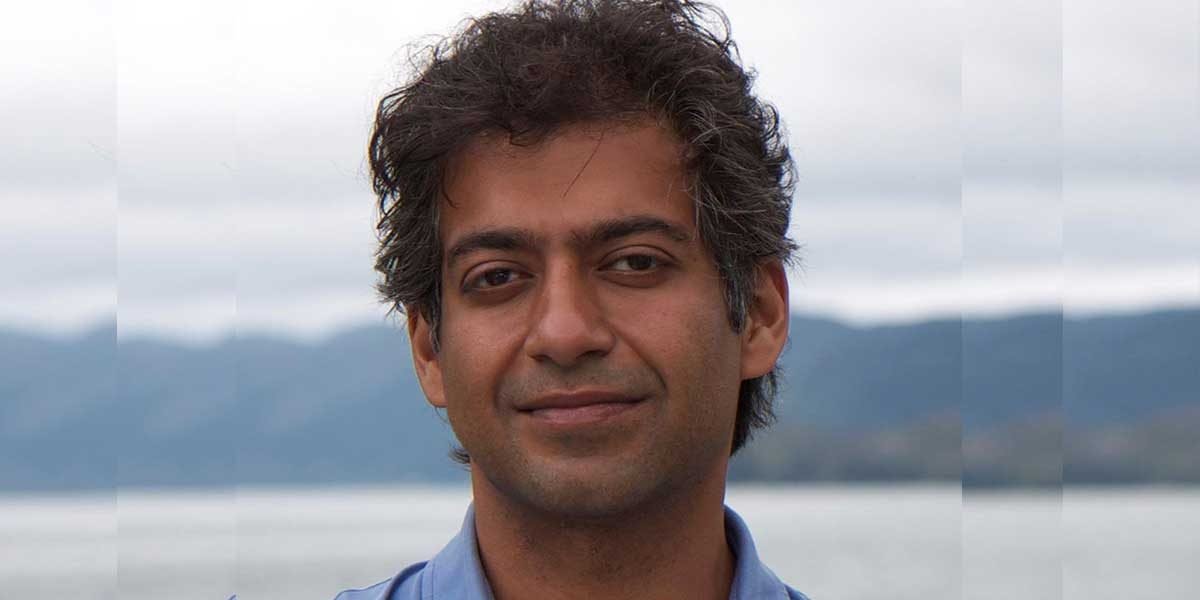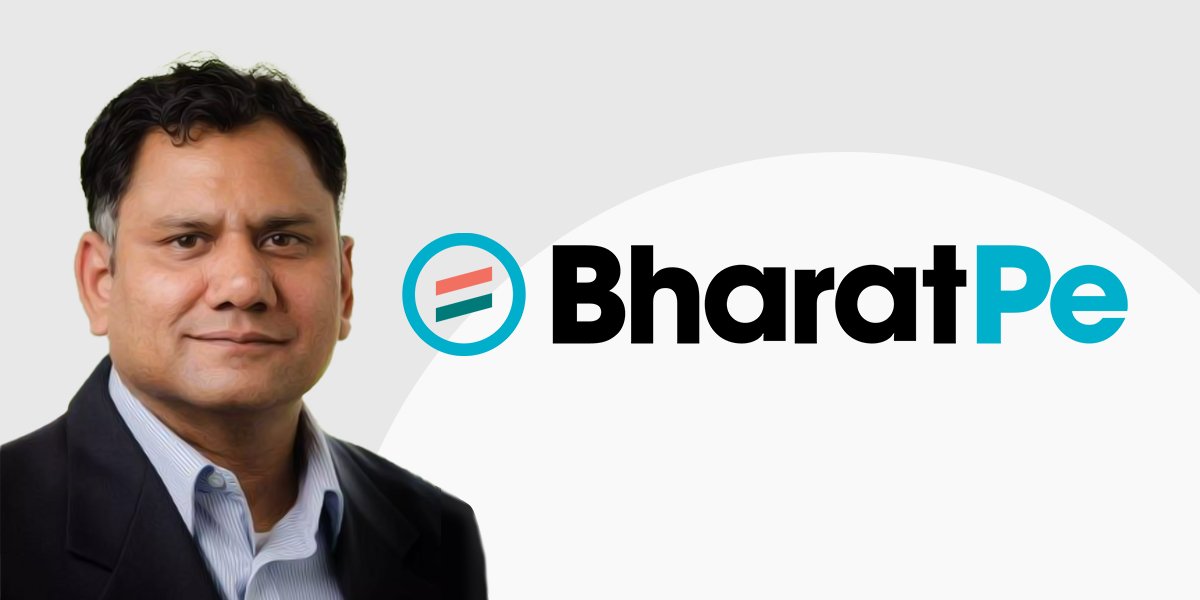Terming the decision to prohibit dealing in virtual currencies as discouraging and unfortunate in India, an influential investor and important voice in cryptocurrency industry has come out in support of virtual currency.
India will lose out on creating a next-generation financial exchange apart from restraining engineers who could have built applications and built decentralization networks or built the next decentralized Uber or the next decentralized Airtel, said Naval Ravikant to FactorDaily in a podcast interview adding that virtual currency could help the country carve a niche for itself.
On April 6, the RBI through its circular titled ‘Prohibition on Dealing in Virtual Currencies’, asked banks, e-wallets, and payment gateway providers to withdraw support for cryptocurrency exchanges and other businesses dealing with VCs in India.
Last week, the Supreme Court too declined a stay order on it.
The announcement created panic in the Indian trading market. It also led to falling down in prices of Bitcoin, Ethereum, and Litecoin.
However, Ravinkant thinks this is the right time and India can benefit a great deal if it stays invested in it.
Cryptocurrency is technology, it is a way of financing technology expansion. It is the future. To shut down is not a good option for India even while it is surrounded by various scams, Ravikant added.
In April this year, a bitcoin scam, worth Rs 2,000 crore came to the light in April, when Police arrested Amit Bhardwaj and his brother Vivek Bhardwaj, who owned GainBitcoin and GB mining ventures, from Bangkok.
According to Uber investor, crypto is very much in the infancy but evolving quickly as with every passing day the global financial systems start moving at least partially towards (being) cryptocurrency-based.
“It’s very exciting and you could see it in 2-3 years you run a parallel crypto Wall Street,” Ravinkant outlined.
Meanwhile, he also warned that if extreme views are taken then it could lead to more brain drain, which according to him is not good for the country.
“Engineers could have built companies on top of the decentralized crypto network infrastructure but now they don’t really understand the exposure at the same level that they would in a country where it was more accepted,” he said in the interview.













